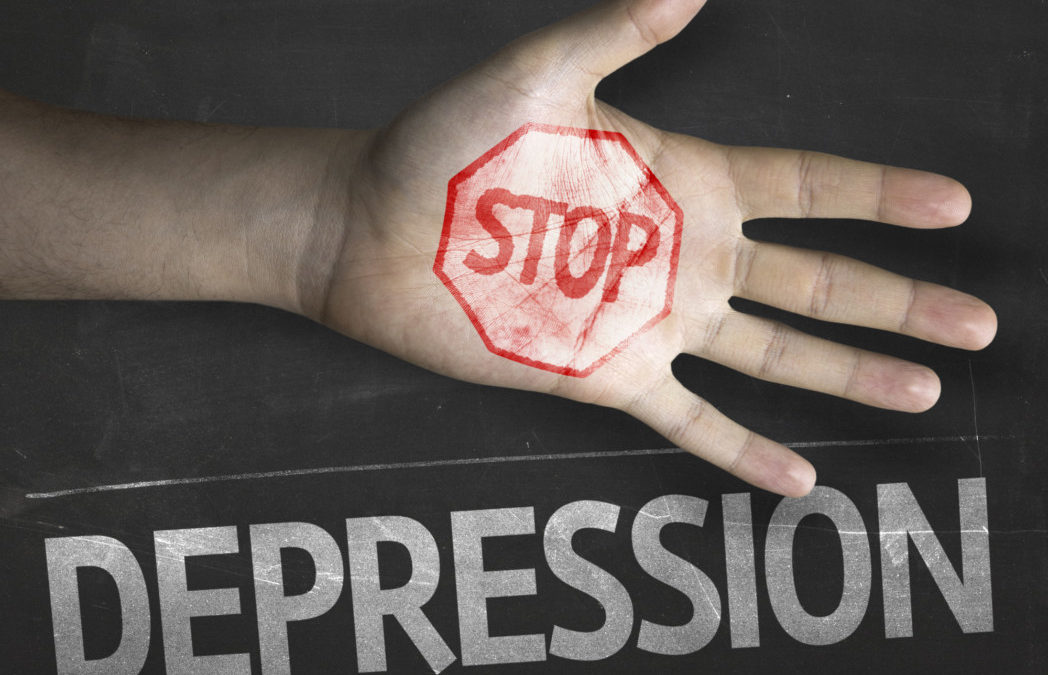1. Get Outside
Experts are now investigating two things for depression: exercise and sunlight. Research shows that getting outside helps combat the symptoms of depression. The sun is one of the best remedies for the blues because the rays contain UVA which stimulates the production of vitamin D. Don’t go for the gym, with the stale air and crowded environment. Instead, opt for the great outdoors. Avoid using sunglasses, as the eyes absorb the necessary rays needed to produce serotonin. Try to spend at least 20 minutes each day outdoors doing some form of outdoor physical activity.
2. Stay Social
Withdrawal from social activities, as well as friends and family, is one of the hallmark symptoms of depression. When we are feeling down or depressed about our lives, we tend to withdraw from others and retreat into our negative thoughts and feelings. To fight off depression, make sure that you surround yourself with a solid support network of friends and family with whom you have regular, weekly contact. These friends and family members will serve to keep you motivated and engaged in everyday life.
3. Aerobic Exercise
You don’t have to be a marathon runner to get aerobic exercise. Brisk walking is good for the heart and soul, as is jogging. Clinical studies found that regular exercise wards off the blues by increasing energy. Also, physical activity helps you release stress and reduce tension. Exercise keeps the body healthy and improves your mental thinking. Doctors recommend that you get at least 30 minutes of exercise three or four times each week.
4. Omega-3 Fatty Acids
The news is full of reports regarding the benefits of omega-3 fatty acids. These nutritional components aid in the brain’s neuron connectivity. A recent Harvard University study found a link between increased levels of omega-3 fatty acids and a decrease in depression. You can find them in fish, free range meats, and nuts. Many find it easier, however, to take capsules available at health food stores.
5. Change Your Sleep Routine
Alter your sleeping habits so that you have an environment conducive with a good night’s rest. Be sure to go to bed at the same time every night and turn the lights off. Avoid activities at bedtime that increase the heart rate, like watching action TV or listening to loud music. Instead, take a warm bath, listen to soft, classical music, and read a book. Also, avoid alcohol and caffeine because it interferes with sleep. Experts recommend at least 7 and a half hours of shut-eye each night.
6. Meditation and Yoga
One of the best ways to overcome depression is meditation and yoga. Neuroscientists now recognize these ancient practices for alleviating the worrisome symptoms of depression, as well as anxiety. Meditation and yoga work by adjusting your brain’s activity from the anxiety-prone right front cortex to the calmer left side. This shift promotes concentration, improves cognition and memory, and relaxes the body and mind.
7. Be Brave and find a Therapist.
Recognize that you may need professional support to manage depression. Sadly many people avoid it and suffer unecessarily. The most common reason people avoid seeking the help of a therapist is the belief that it will mean they are weak, incapable of solving problems on their own, or that they are simply “crazy.” But it goes beyond that. People often are afraid of how they’d feel if others saw them this way—namely worthless, flawed, or unlovable. Owning you need help is smart. Asking for help is brave.







